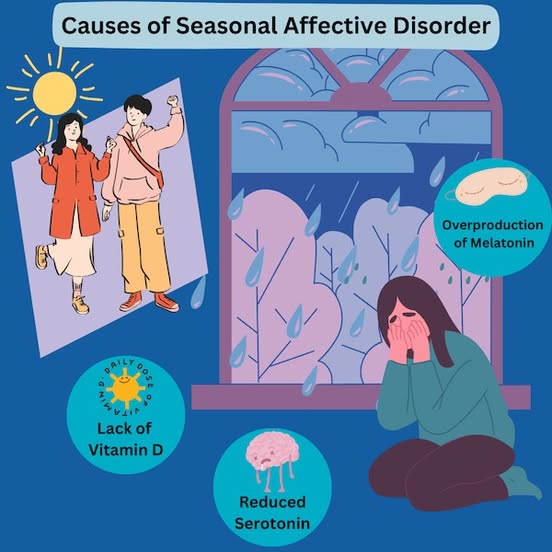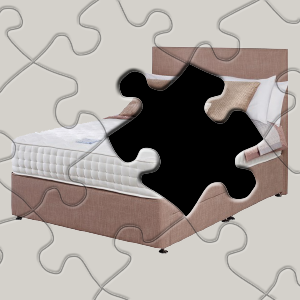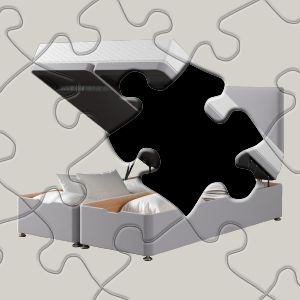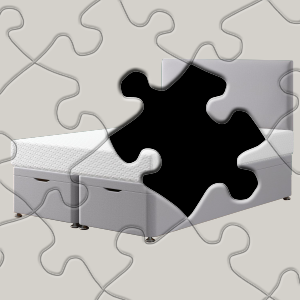Cookies
We want our website to run well for you, personalise your experience and have an insight into how we can improve so we ask your browser for a little personal information. Please click "Accept All Cookies" for the best browsing experience or click "Manually Manage Cookies" to restrict some cookies. You can read our cookies policy to find out more.
Manually Manage Cookies
Manage Cookies +
When browsing our website we store cookies on your browser. This information might be about you or your preferences but it is generally to make the website function fully for you. The information does not identify you personally. We have added some switches below so you can turn off some cookies if you prefer but please note this may impact your use of the site.
Cookie Settings
Strictly Necessary Cookies -
These cookies are strictly neccessary for the site to function correctly and cannot be turned off.
Non Essential Cookies -
"Functional Cookies" enable the website to provide extra functionality. Functional cookies may be set by us or by third party providers whose services we have added to our pages, such as live chat features.
"Performance Cookies" enable us to track visits and monitor statistics so we can analyse and improve our website.
"Targeting Cookies" are configured throughout our website by our advertising partners who may put together a profile of your interests. Profiles do not contain explicitly personal information but are based on uniquely identifying your browser and device. This information is then used to show you relevant adverts on other sites.
- Adjust A Bed
- Breasley
- Dunlopillo
- Harrison Spinks
- Inner Wisdom
- Kaymed
- Millbrook
- Natural Wisdom
- Relyon
- Sealy

December is Seasonal Affective Disorder Awareness (SAD) month. So how does sleep affect Seasonal Affective Disorder? SAD is a type of depression that affects people’s moods in response to the seasons. It’s more common in winter due to the lack of Vitamin D.

- poor sleep
- low energy
- low mood
- poor overall wellbeing
The hormones serotonin and melatonin are vitally important in maintaining a body’s daily rhythm tied to seasonal night-day cycles. These hormone levels change within a person with SAD and lead to sleep, mood and behavioural changes due to the body being unable to season change in day length.
A good mattress can help alleviate symptoms of low mood and fatigue by aiding and providing a good quality sleep for a person with SAD.
| BRANCHES |
|---|
| Crayford: 01322 525090 |
| Petts Wood: 01689 830964 |
| Sidcup: 020 8309 6016 |
| Sevenoaks: 01732 742000 |
| Reigate: 01737 948345 |
| OPENING HOURS |
|---|
for opening times
| GET SOCIAL |
|---|
| INFORMATION |
|---|
| About Us |
| Contact Us |
| Delivery |
| Find Us |
| News |
| Privacy Policy |
| Refund Policy |
| Terms & Conditions |
| HEAD OFFICE |
|---|
| The Bed Post |
| 2 Tower Retail Park |
| Tower Park Road |
| Crayford |
| DA1 4LB |
| TEL 01322 525090 |
| VAT No: 586 407 511 |
Abacus Solutions 2025

















